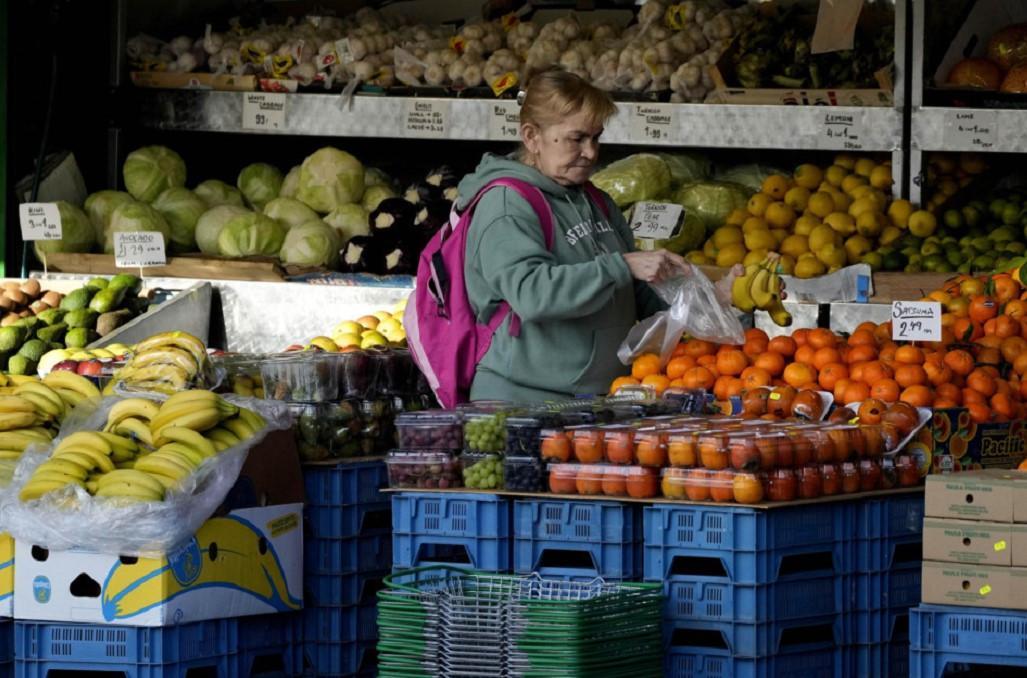Brexit ramps up UK food bills: study
LONDON

Britain’s exit from the European Union added almost 6 billion pounds to consumers’ food bills, hitting the poor the hardest and further stoking red-hot inflation, a study has said.
Brexit increased household food bills by an average 210 in the two years to the end of 2021, according to findings from the London School of Economics.
Food prices were pushed higher by the rising cost of extra checks and requirements on EU imports, the LSE noted in the report.
The LSE judged that Brexit started ramping up food bills from late 2019 onwards, as firms anticipated higher costs and adjusted prices accordingly.
Products increased in price by six percent over the two-year period, it added.
The hike disproportionately hit the poor because those on low incomes spend a greater share of their pay on food than richer people.
“In leaving the EU, the U.K. swapped a deep trade relationship with few impediments to trade for one where a wide range of checks, forms and steps are required before goods can cross the border,” said Bristol University professor and study co-author Richard Davies.
“Firms faced higher costs and passed most of these onto consumers.”
Britain has been gripped by a worsening cost-of-living crisis this year as inflation surged to multi-decade peaks, sparking a wave of strikes across the economy as pay fails to keep pace.
Consumer prices have also been propelled by rocketing energy bills after key producer Russia’s invasion of Ukraine, and by rebounding demand as the Covid pandemic recedes.
















